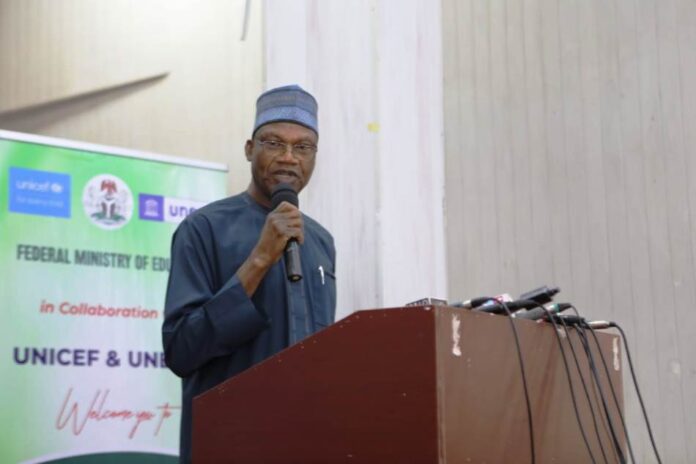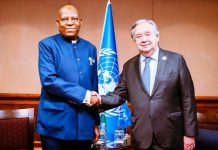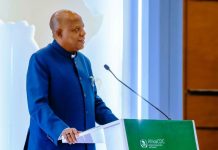
In a keynote address delivered at a pre-validation meeting on the National Policy on Skills Development, Honourable Minister of Education Prof. Tahir Mamman expressed his delight in the collective efforts that have shaped this pivotal policy. Set to be implemented in September 2024, the policy aims to equip Nigerian youth with essential skills needed to excel in the 21st-century job market. Prof. Mamman emphasized the critical need to align educational curricula and training programs with industry requirements to bridge the gap between the education system and labour market demands.
Prof. Mamman urged all Stakeholders to engage with purpose and commitment to ensure the policy serves as a robust framework for skills development across Nigeria. He highlighted the importance of collective wisdom in refining and strengthening the policy to help Nigerian youth realize their full potential and contribute to national economic growth.
In his earlier remarks, Honourable Minister of State for Education Dr. Yusuf Tanko Sununu praised the collaborative efforts of the Federal Ministry of Education, UNICEF, and UNESCO. Dr. Sununu underscored the policy’s role in providing both academic and practical skills necessary for today’s job market and encouraged participants to offer their expertise and innovative ideas.
Dr. Nasir Sani-Gwarzo, Permanent Secretary, Federal Ministry of Education represented by Mr Isah Abubakar also acknowledged the collective effort behind the policy and called for continued creativity and partnership for its successful implementation.
Mr. Abdourahamane Diallo, Head of the UNESCO Abuja Office, highlighted key elements for developing the policy, including practical skills, lifelong learning, and enhancing the national qualification framework. He stressed the importance of private sector involvement and a robust framework for recognizing diverse learning achievements.
Meanwhile, Mr. Munamuzunga Sikaulu, Education Manager GBof UNICEF Nigeria, emphasized the need for a comprehensive implementation plan that integrates the policy into state educational systems while addressing challenges such as low literacy levels and insufficient financial skills among students. Sikaulu called for capacity building for educators and community involvement to improve educational outcomes for Nigerian children and adolescents.
Boriowo Folasade
Director Press & PR





